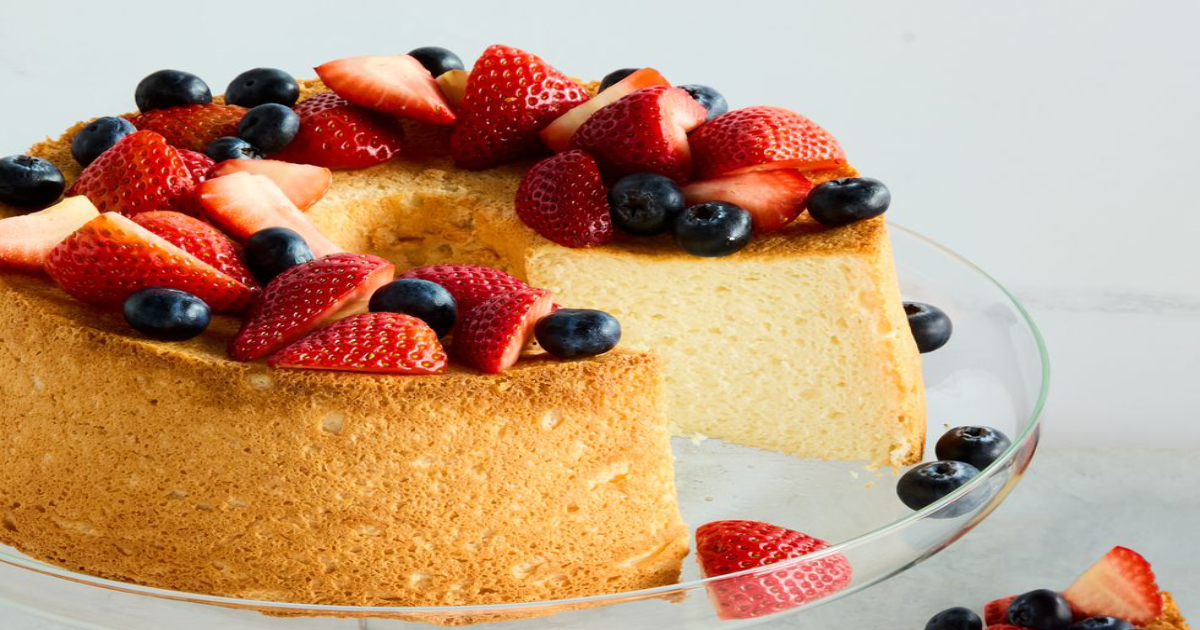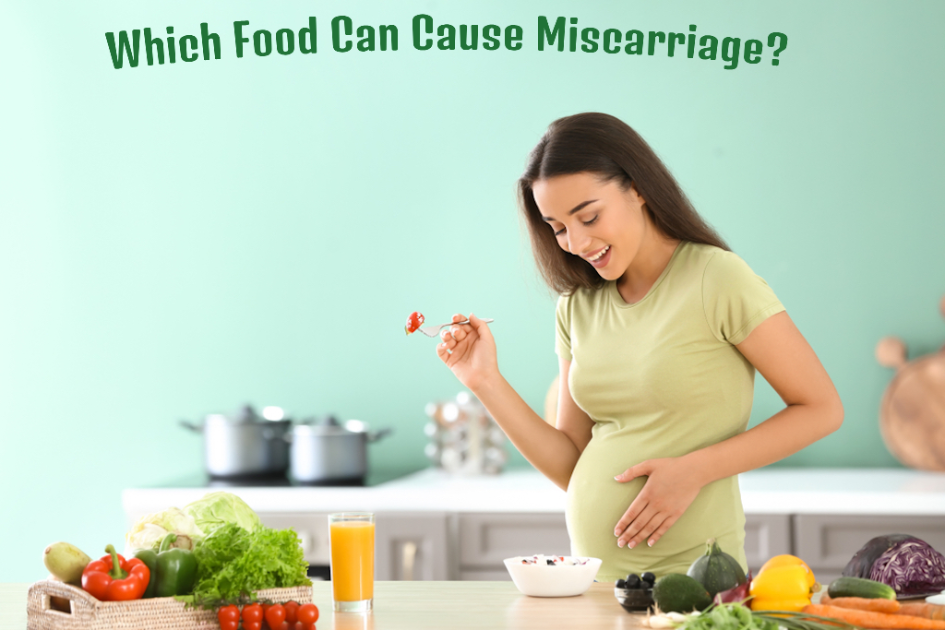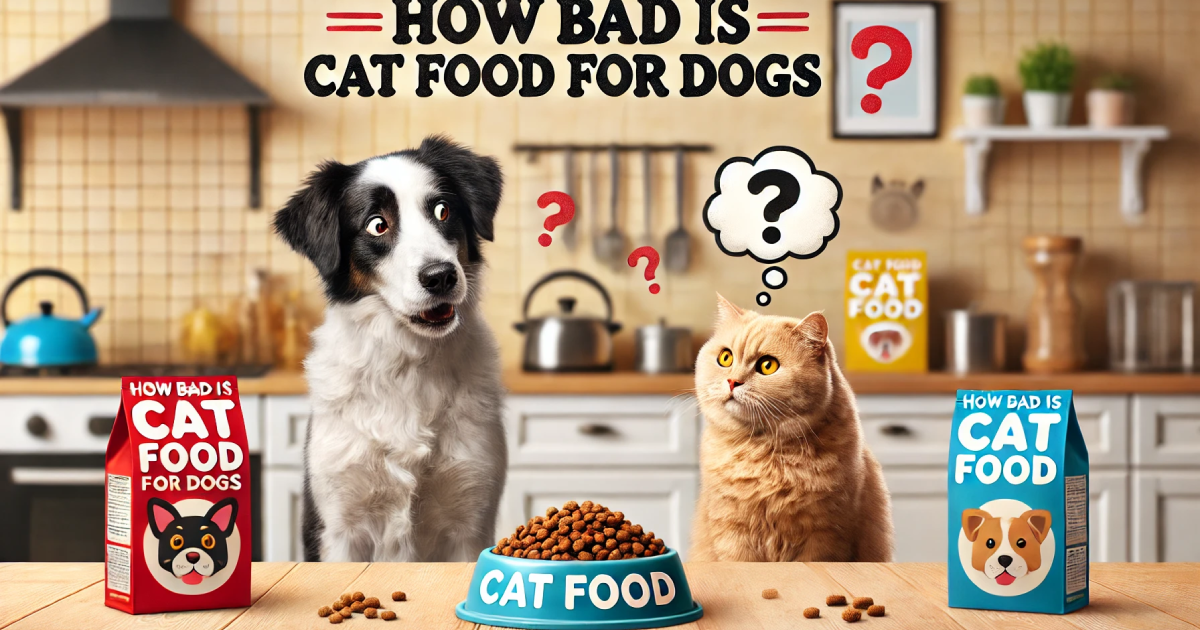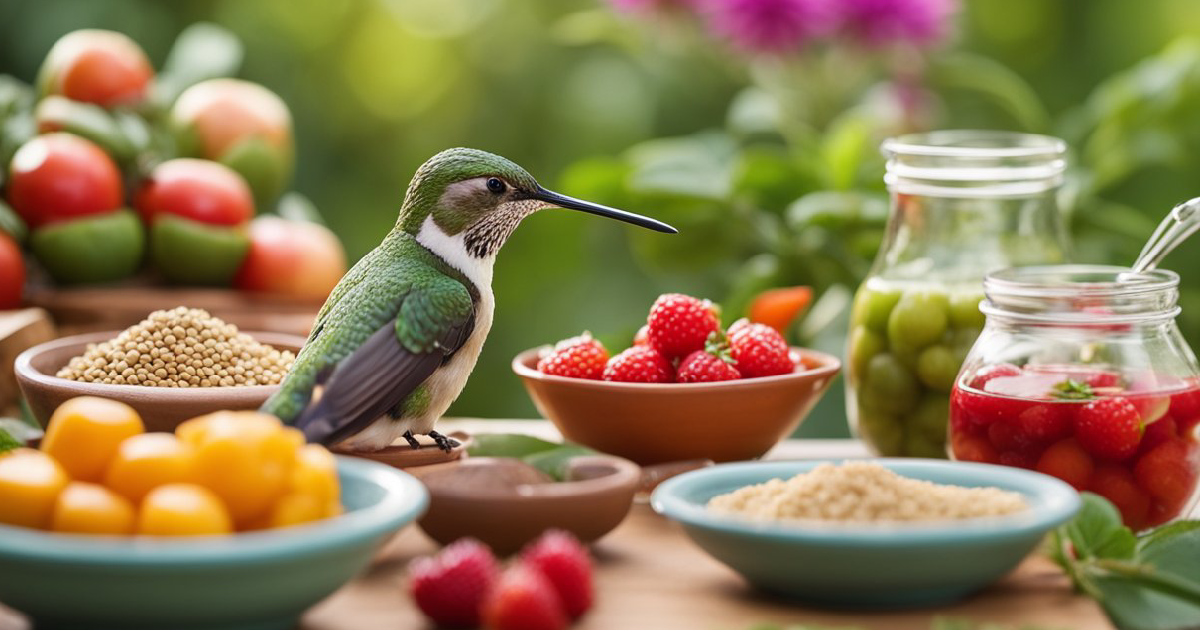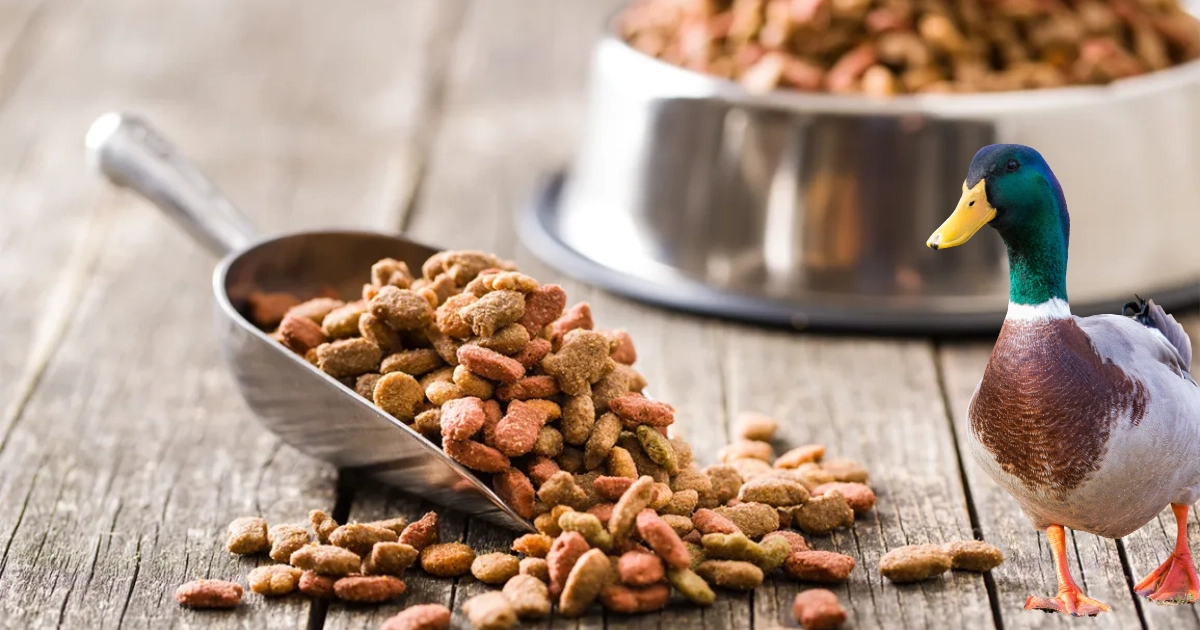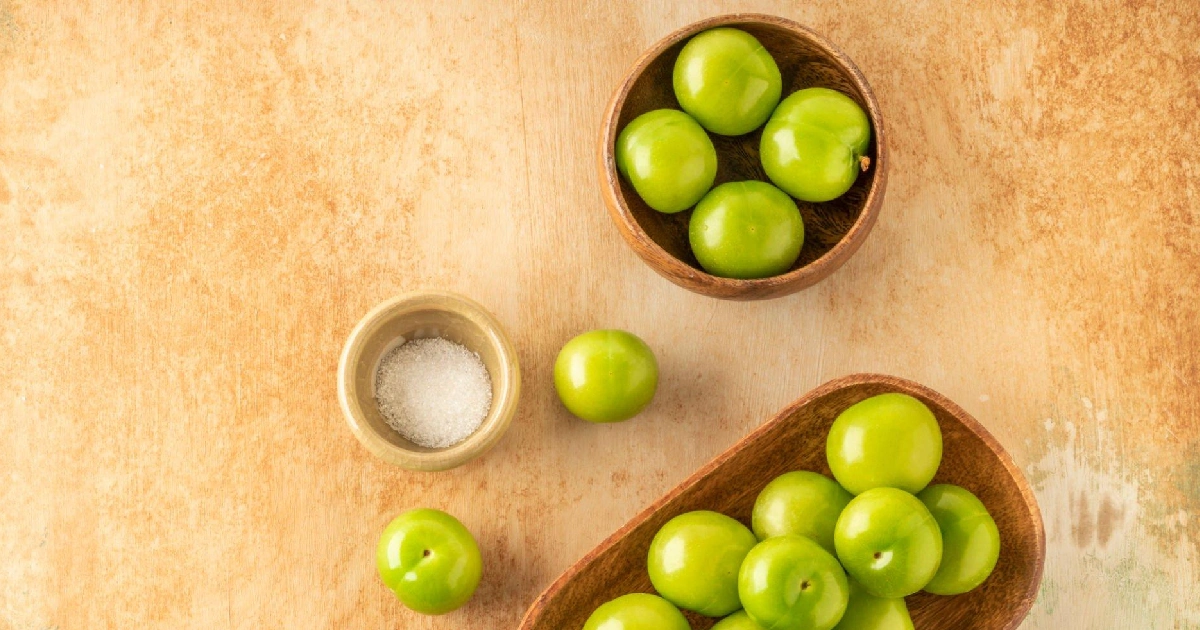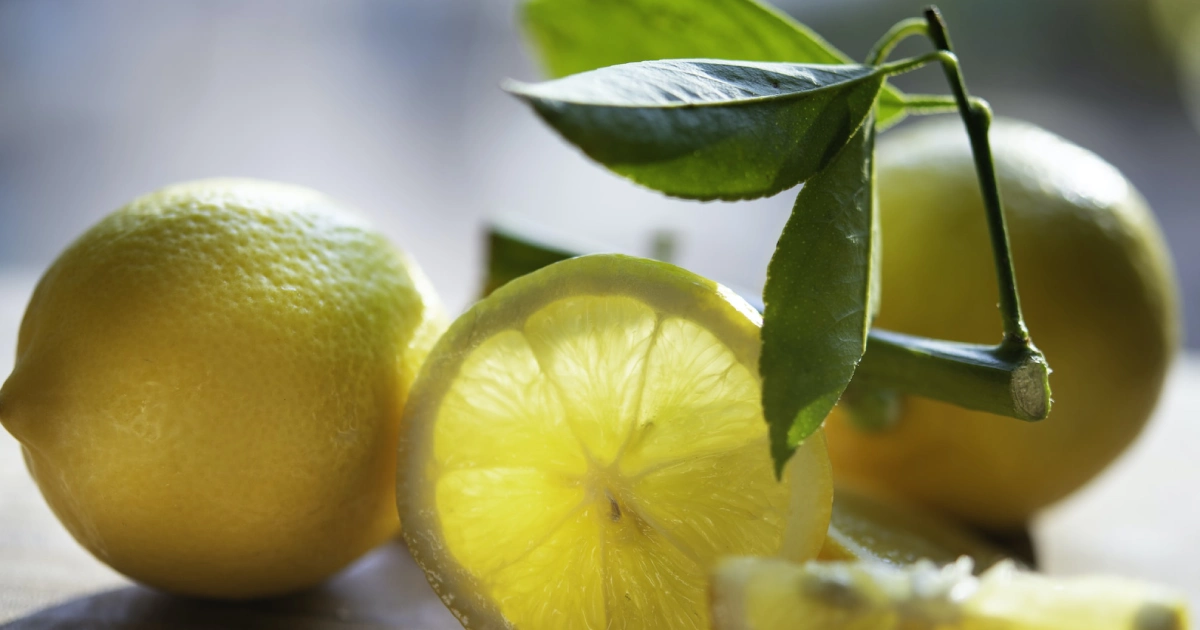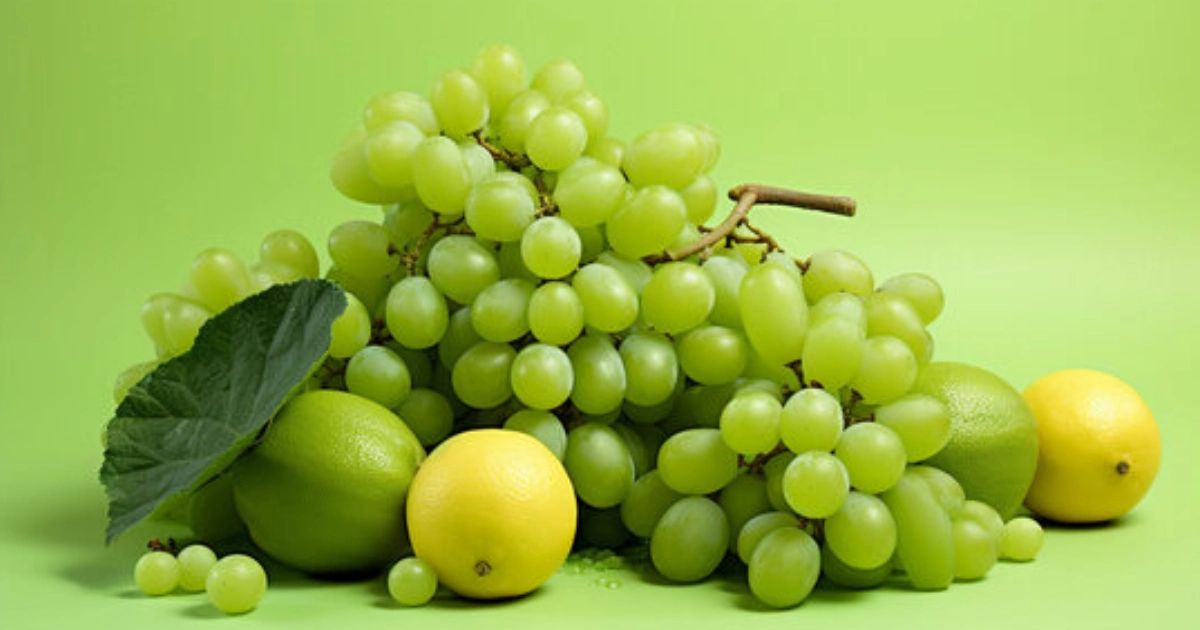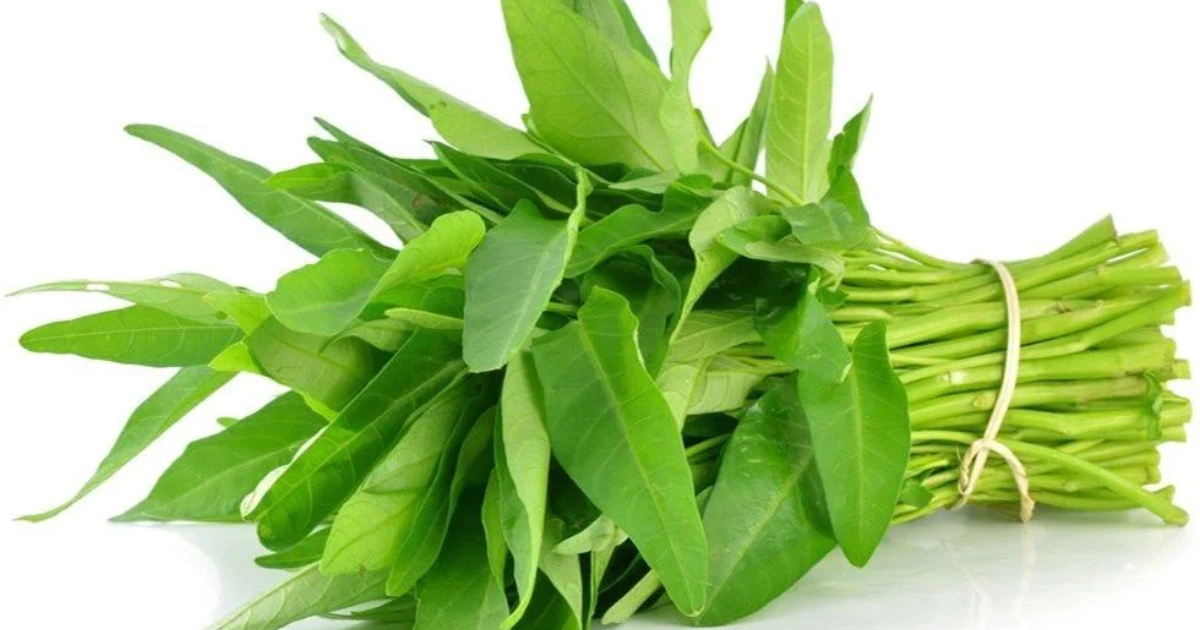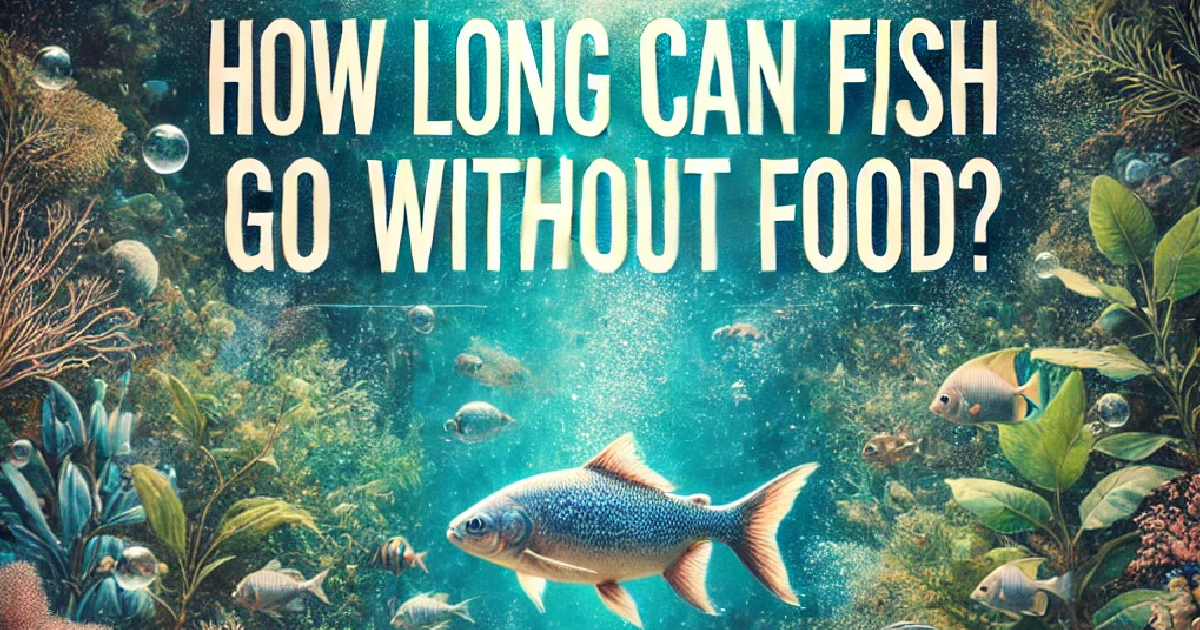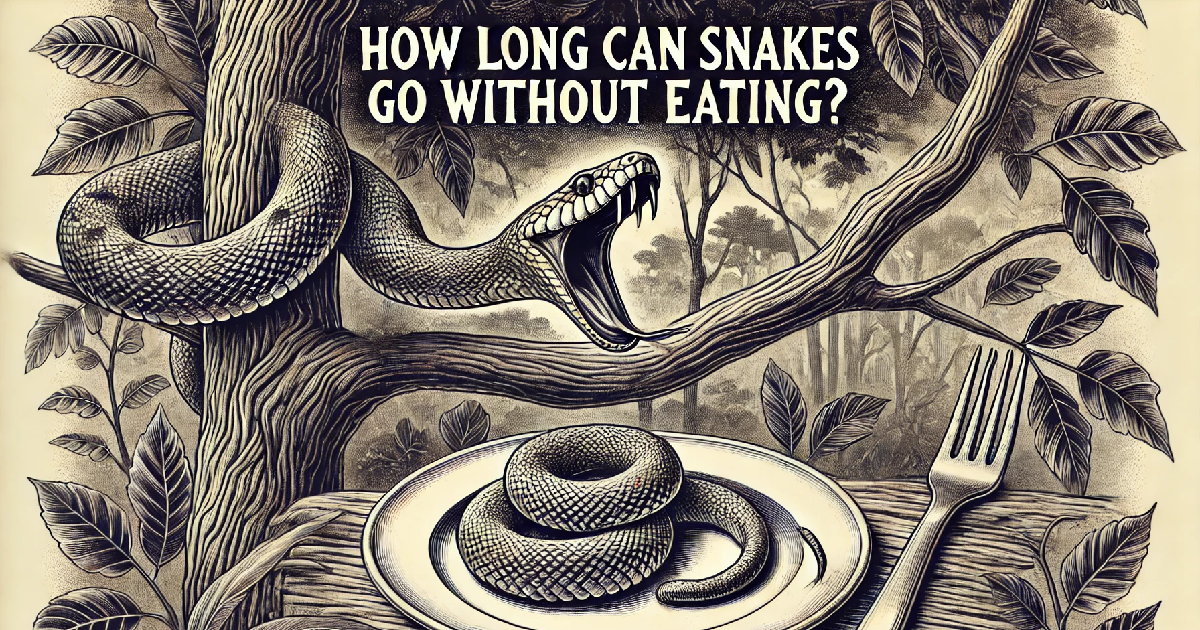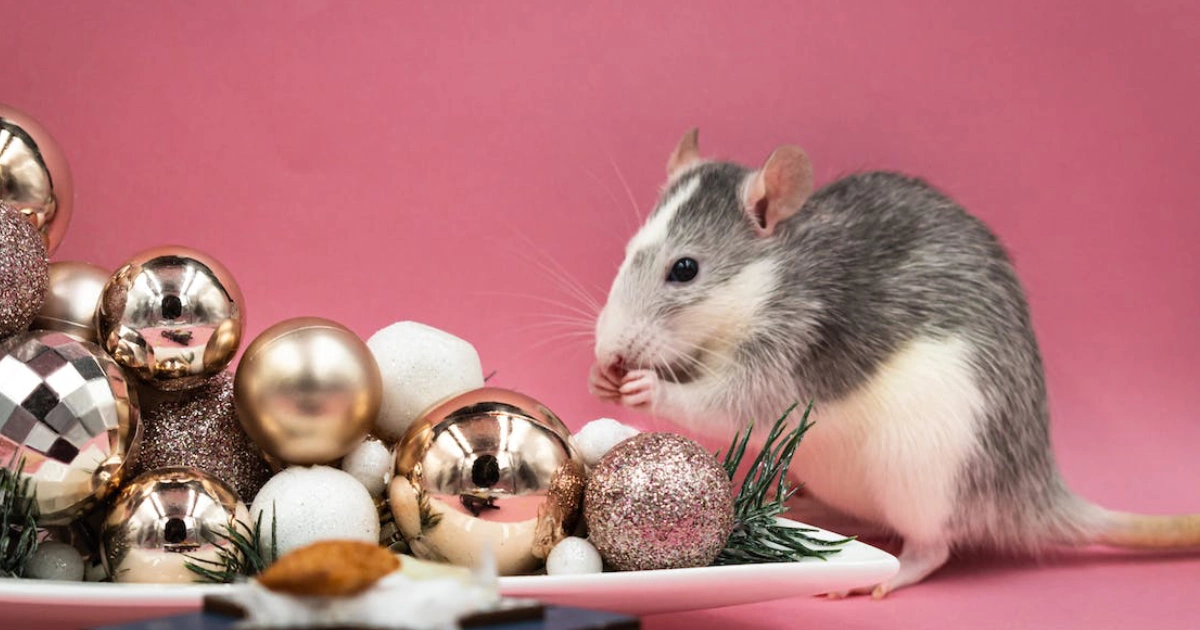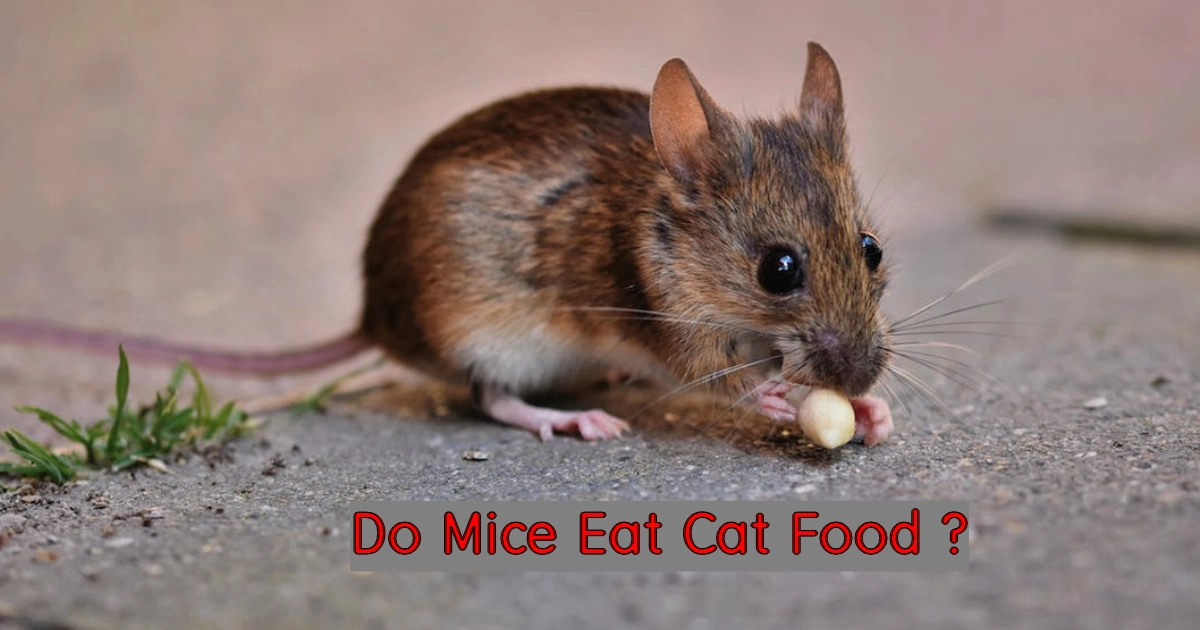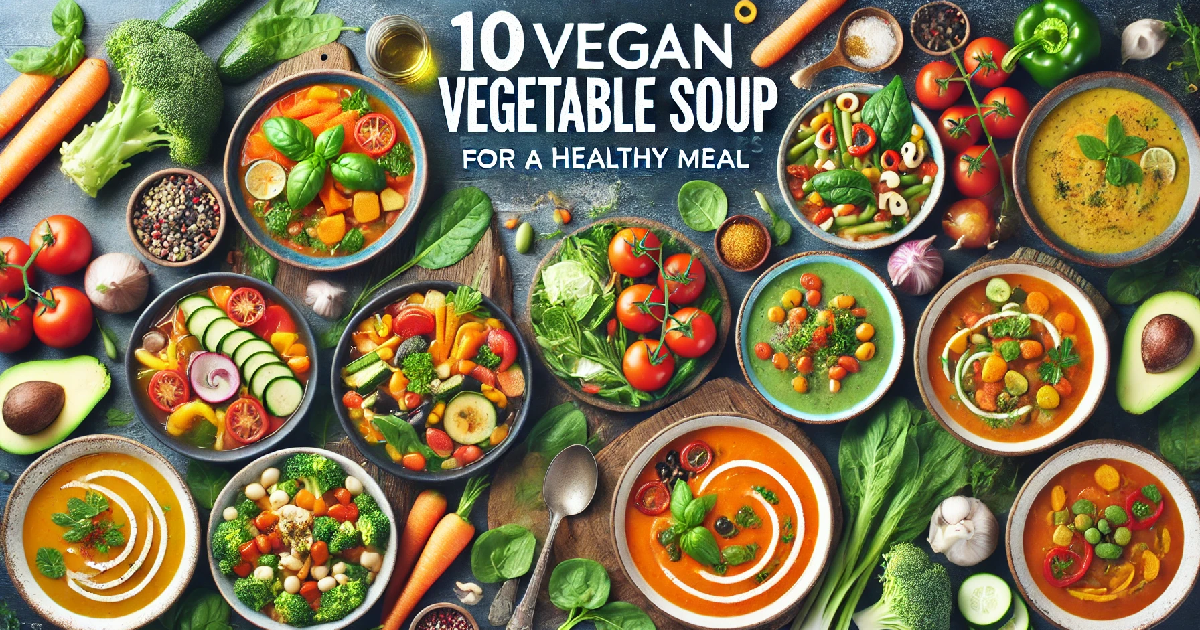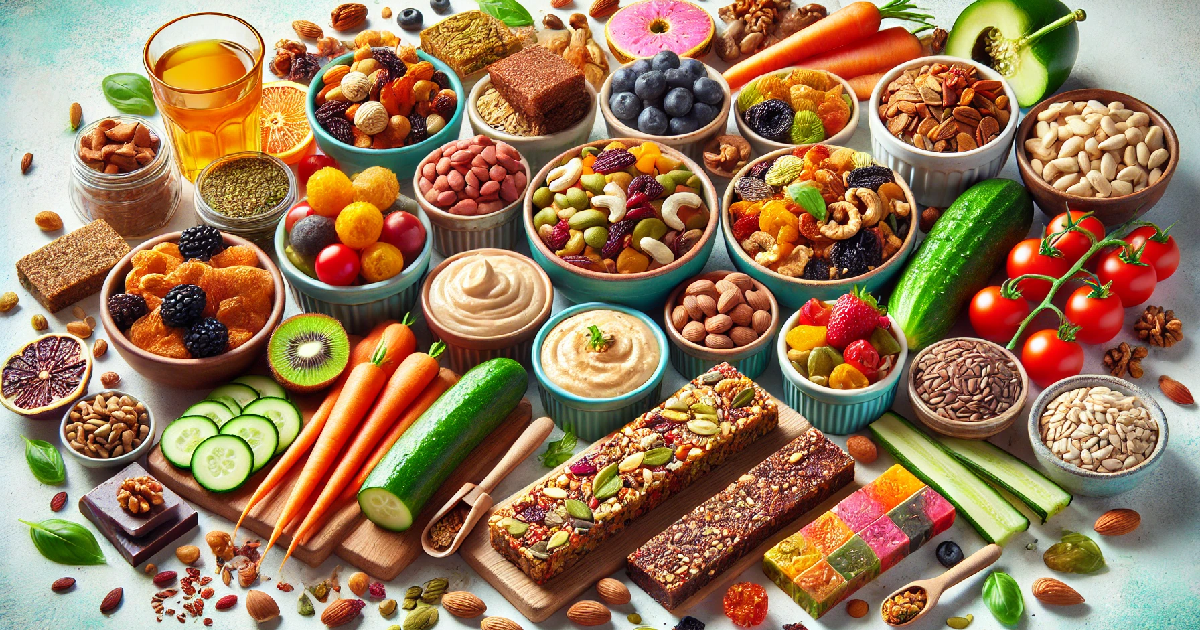Mice and hamsters may look similar, but their diets differ vastly. You may have wondered if your mouse can eat the same food as a hamster. In this blog post, we’ll explore the differences between mice and hamsters to help you determine whether it’s safe for your mouse to eat hamster food. We’ll delve into dietary needs, nutritional requirements, and potential health risks of eating improper foods. After reading this post, you should feel confident you understand what food best suits your tiny friend’s health and happiness!
Investigating The Difference Between Mice And Hamster Food
Have you ever wondered about the difference between mice and hamster food? Although these two popular rodent pets may seem similar, their nutritional needs vary greatly. Hamsters are omnivores and require a diet that includes both grains and protein, while mice are primarily herbivores and thrive on a diet rich in vegetables and seeds. It’s important to ensure your furry friend gets the correct nutrition for their species to maintain their health and happiness. So if you’re a pet owner, it’s always a great idea to research and ensure that your pets’ dietary needs are met.
What Do Mice Eat?
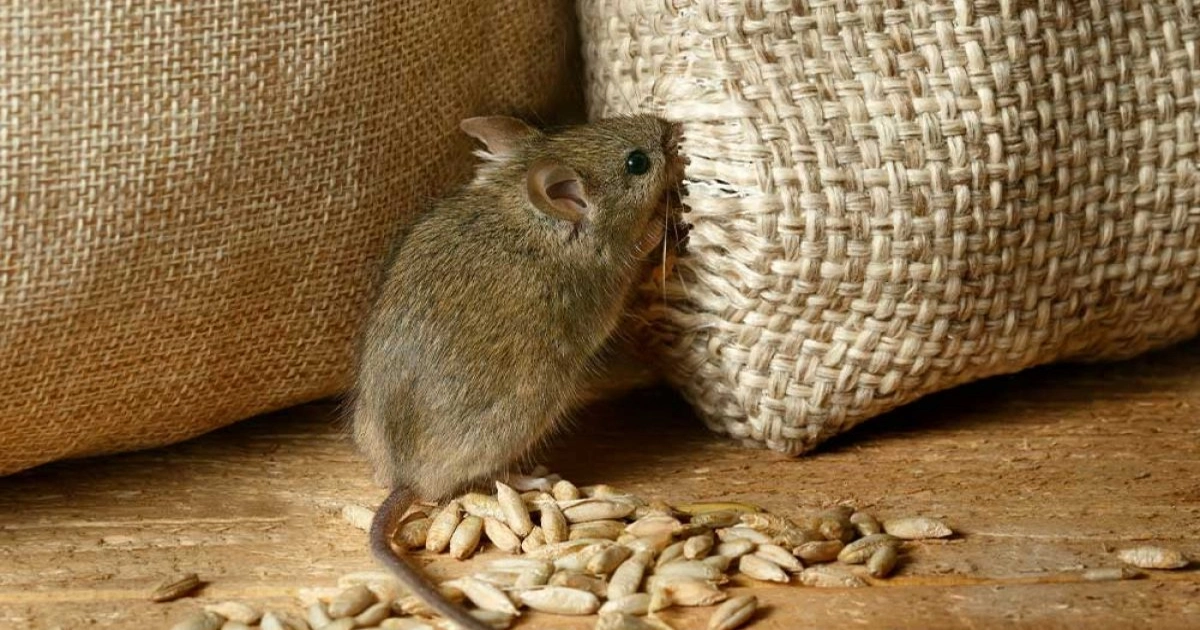
When it comes to the diet of mice, it is safe to say that they are not picky eaters. These little rodents are omnivorous and will consume nearly any food source. In nature, mice feed on various food sources, such as seeds, nuts, fruits, and insects. In households, mice will get their food from anything they find edible, including grains, fruits, and vegetables. They also love to nibble on anything with a sweet aroma, such as chocolate and other sugary treats. Although they are small creatures, mice have a big appetite and consume approximately 15 to 20 per cent of their body weight in food daily. So, if you have a mouse infestation at home, keep your food well-secured to prevent them from rampaging through your pantry in search of their next meal.
What Nutrients Does Hamster Food Provide That Mice Food Doesn’t Have?
Regarding feeding our furry friends, it’s important to know that different animals require different nutrients for a balanced diet. Hamsters and mice may seem quite similar, but their dietary needs differ. Hamster food typically contains more fat and protein than mouse food, as hamsters, are naturally more active and require additional energy to keep their wheels turning. Additionally, hamster food may contain more Vitamin A, crucial for maintaining healthy eyesight and a robust immune system. On the other hand, mouse food may include more fibre as mice are more prone to digestive issues. Providing their specific dietary requirements keeps them healthy and helps them thrive.
How Can You Tell If Your Mouse Is Overeating Hamster Food
Hamsters and mice have different dietary needs, so feeding your mouse hamster food can cause health issues such as obesity. Signs that your mouse may be overeating on hamster food include weight gain, lethargy, and bloating. These symptoms could also indicate other health conditions, so it’s important to consult with a veterinarian if you suspect your mouse is overeating. Providing your mouse with a balanced, mouse-specific diet and monitoring their food intake can prevent these health problems and help your furry friend live a happy and healthy life.
Should You Switch Your Mouse To a Hamster Diet
Have you ever heard of a hamster-powered computer? Well, it may sound silly, but some researchers have tried it! Their study found that hamsters could generate enough energy to power a computer mouse. But that’s not all – they also discovered that feeding the hamsters a special “hamster diet” of grains and seeds gave them more energy and made them more active and agile. So, should you switch your mouse to a hamster diet? While it may seem fun and quirky, it’s probably not the most practical solution. Plus, who wants to deal with hamster droppings all over their desk? Stick to a regular mouse and save the hamster food for your furry little friends.
Make Sure To Monitor Your Mouse’s Diet Closely
Did you know that your computer mouse has a diet? It may sound strange, but the truth is that the functionality of your mouse can be affected by how you treat it. Over time, dust, debris, and even food particles can accumulate on the bottom of your mouse, making it less responsive or unresponsive. That’s why monitoring your mouse’s diet closely and keeping it clean is crucial. Here’s a tip: use a clean, slightly damp cloth to gently wipe your mouse’s bottom, ensuring no residue is left behind. You can ensure that your mouse continues to be a dependable tool for your regular computer use by following these easy instructions.
Healthy Alternatives To Consider Instead Of Feeding Your Mouse Hamster Food
Regarding pet rodents like mice, it can be tempting to grab a bag of hamster food from the pet store and call it a day. However, you can consider plenty of healthy alternatives to feed your mouse instead. For example, offer them fresh fruits and vegetables like carrots, cucumbers, and apples. You could also consider adding cooked whole grains like brown rice or quinoa to their diet or offering them small amounts of lean protein like cooked chicken or fish. By diversifying your mouse’s diet and offering them a range of healthy, nutritious foods, you can contribute to making sure they live long, healthy lives.
Do Rats Eat Nuts?
Rats are known for their exceptional ability to find food and nutrition. They’re omnivores, which means they can eat almost anything, including nuts. Rats can eat walnuts, but it’s important to note some precautions when feeding them to your pet rat. Due to their high levels of protein and fat, some nuts can cause obesity and other health problems. When feeding walnuts to rats, it’s important to moderate their intake and remove any shell fragments that can pose a choking hazard. Overall, nuts should be a treat rather than a staple part of their diet. With proper precautions, rats can enjoy nuts in moderation as part of a balanced diet.
Can Field Mice Eat Hamster Food?
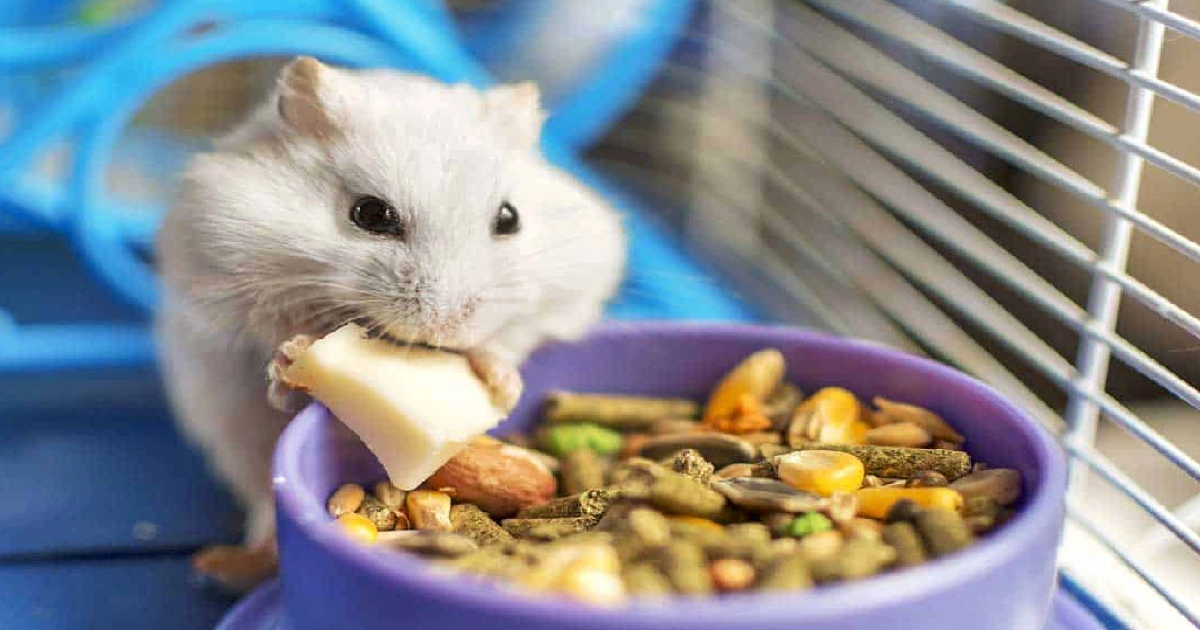
If you’re a pet owner who loves caring for small animals, you may be curious about your mouse’s diet. Field mice eat various things in the wild, including seeds, fruits, and insects. But what about hamster food? While there is no definitive answer to whether field mice can eat hamster food, it’s important to note that wild mice have been observed eating various types of pet food left out in homes. This isn’t necessarily a cause for concern, but it’s always important to monitor your field mouse’s diet and ensure they get the nutrients they need to stay healthy.
Can Fancy Mice Eat Hamster Food?
For those curious about whether fancy mice can consume hamster food, it’s important first to understand the dietary needs of mice. These small animals require various nutrients, including protein, fat, and fibre, all of which can find in a balanced mice diet. While hamster food may contain some of these nutrients, it is not explicitly formulated for mice and may be lacking in certain areas. Additionally, certain ingredients commonly found in hamster food, like corn and nuts, can be problematic for mice. It’s always best to consult a veterinarian or animal nutritionist for personalized advice on your pet’s diet.
Can Mice Kill Hamsters?
While it is not common for mice to kill hamsters, it is important to understand the diet of mice and how it can impact the well-being of other small animals. Mice are omnivores and, in the wild, often consume insects and other small animals as part of their diet. Domesticated mice are typically fed a diet of pellets or grains but may still exhibit predatory behaviours towards other small animals, including hamsters. It’s important to monitor any interactions between mice and hamsters and to keep them separated if necessary to ensure the safety of both pets. As always, consult with a veterinarian if you have any concerns about the behaviour or health of your pets.
Conclusion
Ultimately, feeding your mouse hamster food may seem enticing due to its additional nutrients. However, this is not necessarily nutritiously beneficial for your pet. It is important to consider what effect the additional ingredients in hamster food could have on your mouse’s health and overall diet. Always watch for any adverse reactions to new foods and monitor how much of each food type you are providing. If you decide to switch your mouse’s diet to include hamster food, consult a vet first and ensure you buy high-quality products with natural ingredients that provide adequate nutrition for your pet. There are also dozens of other options, like fresh vegetables and premade muesli mixes, available without added additives, offering healthier alternatives that mice love! Remember, it is important to research what pet food is best for our lovable little friends.


